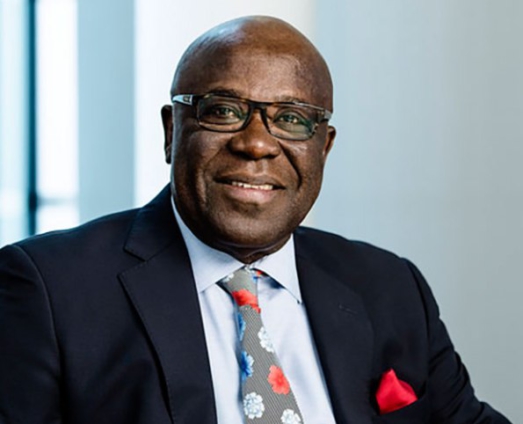Chancellor of the University of Cape Coast, Sir Samuel Esson Jonah, has sounded a critical alarm on the pervasiveness of corruption within Ghana’s public institutions, describing its effect as deeply corrosive to national values and governance.
Speaking at the Graphic National Development Series, Sir Jonah highlighted how corruption has become so embedded in society that many view it as almost a cultural norm rather than an anomaly.
"Corruption has become so pervasive that many Ghanaians consider it as an intrinsic part of culture, and not to be corrupt as a social anomaly,” he noted, pointing to a shift in societal attitudes that view non-corruption as "unbusinesslike" and even naive.
Sam Jonah argued that the current governance landscape is marred by scandals that seem to worsen with each passing year.
According to him, political and executive figures rarely face disciplinary measures for corruption, graft, or illicit wealth accumulation, and such offenses are often overlooked if they occur within the ruling government’s sphere of influence.
"Rather than emulate the selfless spirit of our heroes, governance is replete with scandals, which get worse by the day; and governments do not only spare the corrupt within their own bracket, we hardly hear of disciplinary action against public officials traceable to executive graft, corruption, self -aggrandizement, or unexplained wealth," he said.
Sir Sam also voiced apprehension regarding the declining integrity within Ghana’s legislative body.
“When even the legislature, which should embody the principles of law, ethics, and virtue, shows signs of malice, the people’s hope and confidence plummet,” he stated, noting the erosion of trust in the institutions designed to uphold transparency and justice.
Addressing Ghana’s broader challenges, he remarked, “We are confronted with issues that go to the heart of our challenges: economic decline, corruption, environmental degradation caused by illegal mining, and the erosion of patriotism. Amidst all of these, we live in an emerging culture that prioritises personal gain over collective well-being.”
Latest Stories
-
Guidance and Counselling Association launches counselling body to promote national well-being
3 minutes -
Anlo youth council congratulates newly appointed MDCEs of Anlo state
13 minutes -
Jah Lead apologises to JMJ over threat of assault
27 minutes -
Dickson Adomako Kissi cautions NDC on US-China economic tension
1 hour -
NPP committed to unity ahead of 2028 elections – Richard Ahiagbah
1 hour -
Prophet Atarah opens new studio, launches Atarah Praise 2025
1 hour -
Let’s tread carefully to avoid politicising the removal of the Chief Justice – Nana Agyei Awuah
1 hour -
Film producer Bella Agyemang lauded for box office feat
1 hour -
Ampiah Gilbert, Govina Edmund begin training ahead of 2025 Para Athletics Meeting
1 hour -
Multi-sector collaboration key to strengthening Ghana’s financial literacy framework – Awuah
2 hours -
Majority in Western North, Bono and Volta regions support removal of Chief Justice – Report
3 hours -
Parliament’s health committee to tour hospitals nationwide
3 hours -
Kobina Ansah’s ‘The Saint In The Devil’s Shoes’ shows On Good Friday and Holy Saturday
4 hours -
Majority of Ghanaians support Chief Justice’s removal – Report
4 hours -
Two-state solution or never-ending war? Palestinian Authority calls for immediate UN action
4 hours

